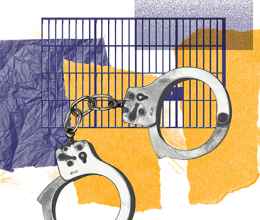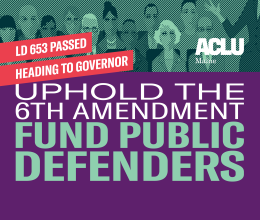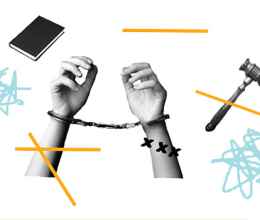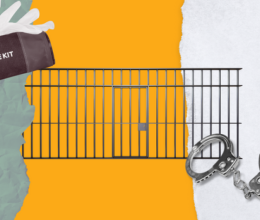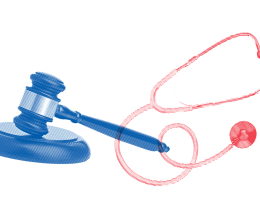AUGUSTA – Today, the ACLU of Maine joined a broad coalition urging legislators to vote in favor of a bill that will reduce Maine’s reliance on the criminal justice system while freeing up resources that can be used to better address the state’s growing drug problem.
LD 113, “An Act to Reduce the Penalties for Certain Drug Offenses,” will downgrade some drug crimes from felonies to misdemeanors. Currently, Mainers face extremely harsh penalties for even minor offenses, such as a felony charge with a possible five-year prison sentence for mere possession of just one oxycodone pill. The lead sponsor of the bill is Sen. Roger Katz (R-Augusta).
“Our criminal justice system must not be a revolving door for people with low-level drug offenses,” said Daniel Wathen, former Chief Justice of the Maine Judicial Court and a current board member of the ACLU of Maine. “For years we have tried this approach and for years it has failed.
More than half of the people incarcerated for drug offenses in Maine will be re-incarcerated within three years of release. LD 133 would help end this revolving door by addressing the root causes of addiction through a health-based approach.
“There are effective alternatives that would address Maine’s rising drug addiction rate through investment in treatment and recovery support programs instead of an overreliance on incarceration,” said Rep. Mark Dion (D-Portland), a former sheriff and the lead co-sponsor of the bill.
Maine spends $60 million a year enforcing drug laws alone. While drug arrests in Maine have gone up 240 percent since the mid-80s, drug use itself is higher than ever.
Veterans have been hit particularly hard by the overreliance on incarceration, contributing to higher rates of homelessness. Additional collateral consequences such as a dishonorable discharge or a loss of benefits can send veterans into a dangerous tailspin that could be avoided if Maine adopts a new approach to curbing addiction.
“We would never rely on our jails and prisons to treat other epidemics, and we shouldn’t expect them to solve the drug problem for our veterans,” said Sen. Katz. “Anyone willing to put on a uniform and fight for this country deserves better than what we have given them, and only by reforming our laws can we give veterans with substance abuse problems the effective treatment that they deserve.”
Maine has one of the highest opioid addiction rates in the nation. Yet while spending on law enforcement has increased, funding for drug treatment programs has consistently been cut.
“Reforming Maine’s drug laws to include treatment as a viable option to deal with drug-related offenses is a simple yet effective way to save lives and keep families together,” said Carroll Conley, executive director of the Christian Civic League. “We believe an alternative to incarceration for non-trafficking drug violations is appropriate because simply locking people up tears apart families. LD 113 offers another solution for situations in which rehabilitation may be an appropriate option.”
WHAT:
Hearing on LD 113, the bill to reform Maine’s drug laws.
WHEN:
Friday, May 1, at 9:00 a.m. ET
WHERE:
Maine State House, Room 436 (4th Floor), 210 State St.



